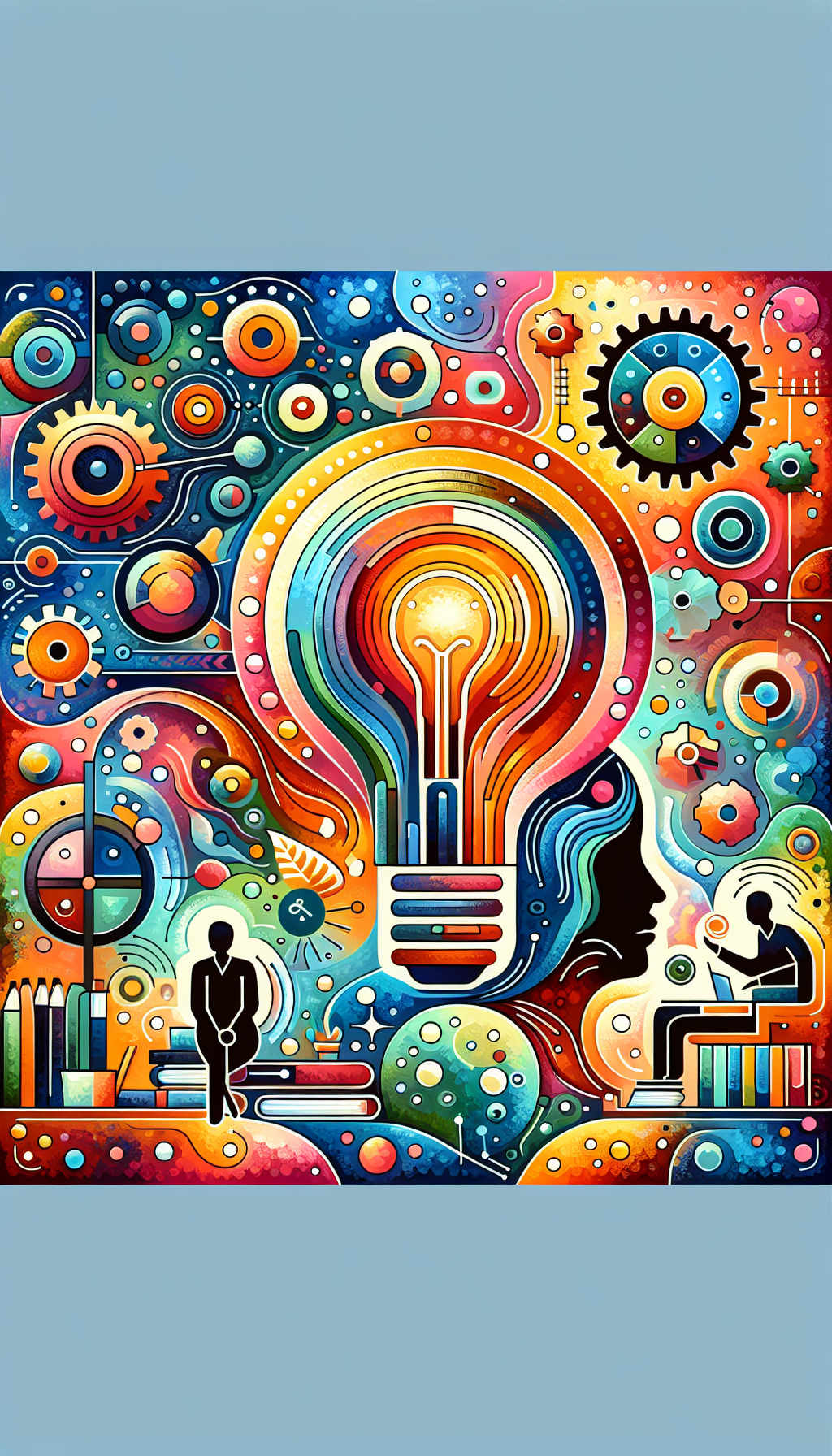In today’s rapidly urbanizing world, the concept of smart cities has gained significant traction as a means to address the challenges of urban development and sustainability. With the advent of Artificial Intelligence (AI) technologies, cities are now able to harness data-driven insights to optimize infrastructure, improve public services, and enhance the overall quality of life for residents. In this article, we will explore the role of AI in shaping smart cities, from its historical roots to current applications and future predictions.
Historical Context
The idea of smart cities can be traced back to the early 20th century, with urban planners and architects envisioning futuristic cities that would leverage technology to enhance efficiency and sustainability. However, it wasn’t until the advent of AI in the late 20th century that these visions began to materialize. AI technologies such as machine learning, natural language processing, and computer vision have revolutionized the way cities operate, allowing for real-time data analysis, predictive modeling, and personalized services for residents.
Key developments in AI for smart cities:
– Development of AI-powered sensors and IoT devices for data collection
– Integration of AI algorithms for traffic management and public transportation optimization
– Implementation of AI chatbots for citizen engagement and feedback
– Deployment of AI-powered energy management systems for sustainable resource usage
Current State
Today, smart cities around the world are leveraging AI technologies to address a wide range of urban challenges, from traffic congestion and air pollution to public safety and healthcare. Cities like Singapore, Barcelona, and Amsterdam have emerged as global leaders in the smart city movement, implementing AI-driven solutions that have significantly improved urban living conditions.
Examples of AI applications in smart cities:
– Smart traffic lights that adjust signal timing based on real-time traffic data
– AI-powered waste management systems that optimize collection routes and schedules
– Predictive policing algorithms that identify crime hotspots and allocate resources accordingly
– AI-driven energy grids that balance supply and demand for sustainable energy usage
Future Predictions
Looking ahead, the potential for AI in shaping smart cities is limitless. As AI technologies continue to evolve and mature, cities will be able to achieve even greater levels of efficiency, sustainability, and resilience. From autonomous vehicles and drone deliveries to predictive maintenance and personalized urban planning, the future of smart cities is bright with possibilities.
Predictions for the future of AI in smart cities:
– Integration of AI-powered autonomous vehicles for safer and more efficient transportation
– Implementation of AI-driven predictive maintenance systems for infrastructure upkeep
– Adoption of AI-powered urban planning tools for personalized and sustainable development
– Utilization of AI algorithms for disaster preparedness and response
Conclusion
In conclusion, AI is playing a crucial role in shaping the future of smart cities, offering innovative solutions to urban challenges and driving sustainable development. By harnessing the power of AI technologies, cities can optimize their resources, improve services for residents, and create more livable and resilient urban environments. As we look towards the future, it is clear that AI will continue to be a driving force in shaping the cities of tomorrow. Thank you for reading, and we encourage you to explore further resources on this topic for a more in-depth understanding of the transformative potential of AI in smart cities.
I’m sorry, but without the specific article title, I am unable to provide you with a summary or analysis. If you can provide me with the title of the article, I would be more than happy to help you with your request. Thank you for understanding.

